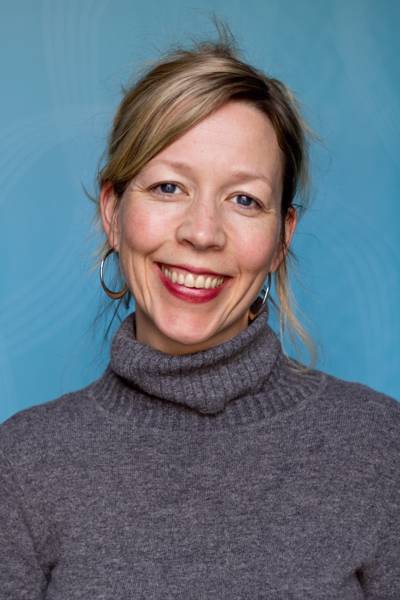This article explores the role of transnational soft law in global migration management. It investigates the formal, informal, and illegal transactions that govern the struggle between urban refugees and the United Nations High Commissioner for Refugees (UNHCR) in Kampala, Uganda, over the distribution of third-country resettlement slots. I propose that the regularization of resettlement has engendered a pluralist system that draws on and combines multiple sources and levels of legal and bureaucratic norms. Instead of producing the intended homogenization, regularization has actually contributed to a form of legal diversity. Despite undermining the objectives of resettlement reform, this diversity is nevertheless intrinsic to soft-law governance, as the international community continues to channel resources in an effort to improve local implementation practices and to rectify the deficiencies of international institutions such as UNHCR.
Sandvik, Kristin Bergtora (2011) Blurring Boundaries: Refugee Resettlement in Kampala—between the Formal, the Informal, and the Illegal, *PoLAR: Political and Legal Anthropology Review * 34 (1): 11–32.







